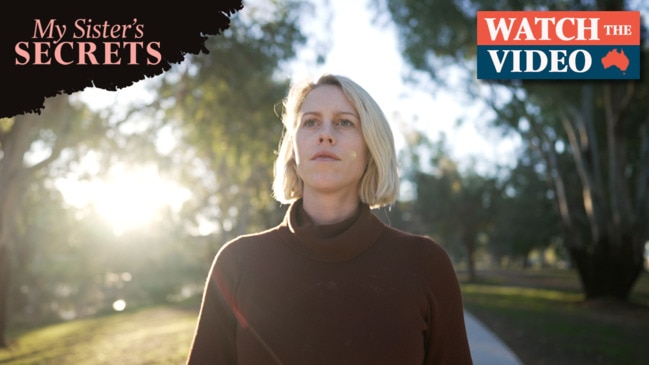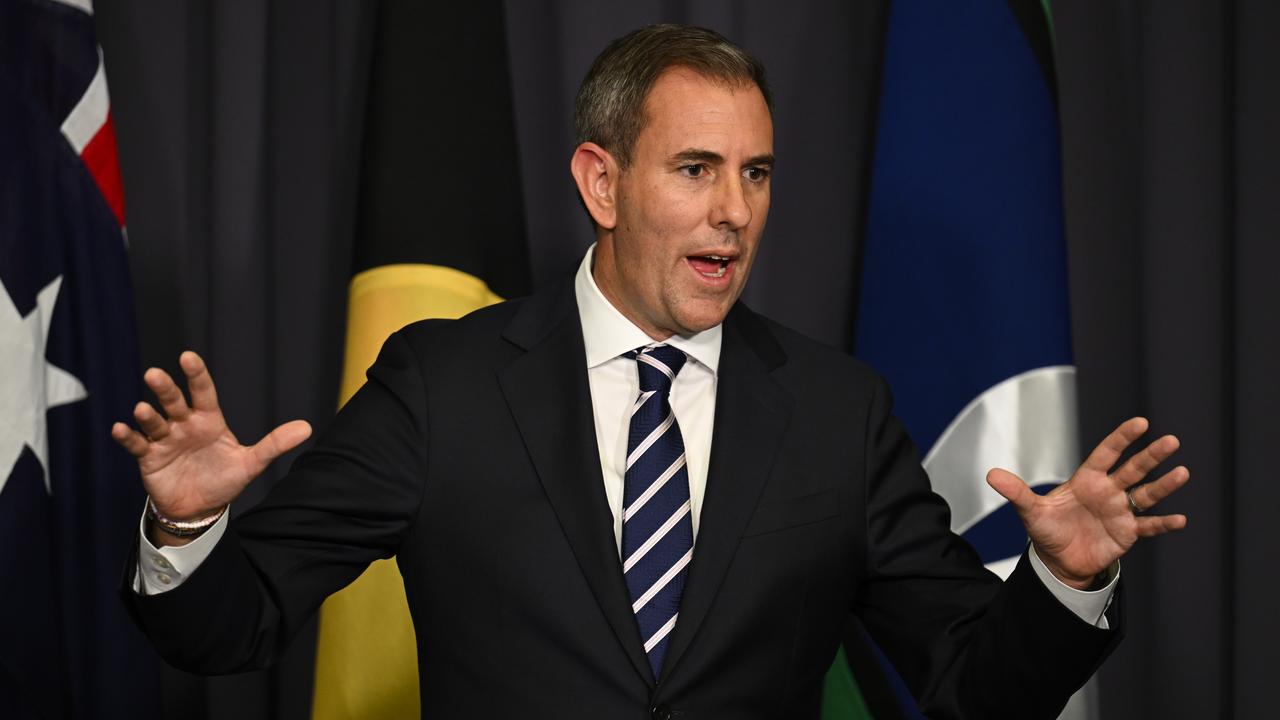My Sister’s Secrets: Shock text to grieving family: We had sex, but I’m no rapist
The family member who sexually assaulted Alex Tapp confessed to having extramarital sex with her – but claimed it was consensual. A bombshell in today’s episode of My Sister’s Secrets.

An older man has sex with a younger woman, in the back of his truck.
For years, she tells nobody. Then, the secret comes out and she is crystal clear: this was rape.
Some more relevant facts: the man was a family member of the younger woman. His young children were sleeping nearby. They were on a family camping trip. The young woman was very drunk. She says she never consented, and that she said “no” clearly.
These are the bare facts of what happened to my sister, Alex, when she was in her early 20s. The man, our relative, was decades older.
Alex told me about what had happened shortly before she died by overdose, aged 32. She was tormented by the incident I’ve just described, plus the abuse we had both suffered as young girls at the hands of another family predator, our step-grandfather, now deceased.

After Alex died, I began investigating her allegations against the living relative, the man she claimed had raped her.
That investigation has now become a podcast, My Sister’s Secrets, which I’m making with journalist Steve Jackson. Episode 4 is live in The Australian’s app now or at mysisterssecrets.com.au.
I had no idea how the relative would react – would he deny having any sexual contact with her?
If he did, I would have been forced to confront the possibility that Alex had made some terrible mistake. It’s a very different starting point for an investigation if an accused simply says “it never happened”.
But in the days after Alex’s death, her accused attacker would actually corroborate key elements of her story. A text message from another family member to me confirmed he had admitted to having “consensual” sex with Alex: “He says they were both drunk and knew what they were doing. This could be out of hand. Everyone is grieving and looking for someone to blame. This is going to ruin everything. I hope you guys know what you’re doing.”
The man had, astonishingly, backed up her grisly account of drunken, extramarital sex with a much younger relative but for one tiny detail. He said she wanted it.
It makes me wonder: Why didn’t he completely deny Alex’s claims? If you can deceive your whole family for years about extramarital sex, surely you can come up with one more lie. Vehement denial of the event ever taking place would have meant emerging relatively unscathed.
It was easy enough to do, given she is no longer here to verify her claims. He really had no reason to admit to having sex with a relative less than half his age.
I think the only possible explanation is that he seriously misjudged the situation unfolding.
He didn’t actually foresee how unacceptable people would find his behaviour. I think he admitted to having sex with her because he thinks that what happened actually wasn’t that bad.
In a text message he sent to his family, later forwarded to me as evidence of his innocence, he simply writes: “I’m sorry. I love you all very much, but I am not a rapist.”
Misguided by his belief system, culturally and socially built up over decades, perhaps he truly believes he isn’t a rapist. I wonder if he thinks it wasn’t rape because it didn’t happen with a stranger in a dark alley and he didn’t hold a knife to her throat.
I think his mindset around the whole situation is an important and useful insight into the psyche of sexual predators. They are often astonishingly good at creating a narrative in their mind that excuses them of any wrongdoing – commonly with the belief that the victim was somehow at fault or wanted it or didn’t try to stop it.
The fact they often don’t identify themselves as the problem is a pretty major obstacle in prevention. Arguably one of the most important ways to prevent sexual violence would be to help offenders identify warning signs in themselves, to accept responsibility for their actions and to access support to help them address problematic behaviours and thought patterns.
This sends us into shaky territory where we are forced to rethink how we frame psychological issues in this discussion. If we continue being outraged at the suggestion that people who rape have psychological issues, then we leave ourselves with less chance that people in a pre-offending stage or actively offending will seek support to change.
I think it’s hard to argue that a rapist or a child molester hasn’t, at some point, developed some pretty seriously messed up thought patterns or belief systems in relation to sex, women and girls, power, gender stereotypes or anger management. Psychological support is one way of dismantling the belief systems that drive their behaviour and choices.
The alleged rapist claims he is anything but a rapist. I can imagine it’s difficult to ever admit to something so disgusting.
It probably requires a level of self-assessment and courage that offenders lack at their very core.
It will also require a degree of empathy when we think about sexual predators.
We don’t have to like them to understand them. But we have to understand them to stop them.
• My Sister’s Secrets is the new investigative podcast from The Australian. Episode 4 is live now in the podcasts section of our app or at mysisterssecrets.com.au
• Get the app at the App Store or Google Play
• Subscribers hear episodes first and get access to all Virginia Tapscott and Steve Jackson’s groundbreaking journalism on this topic, plus much more. To check out our subscription packages, visit theaustralian.com.au/subscribe



